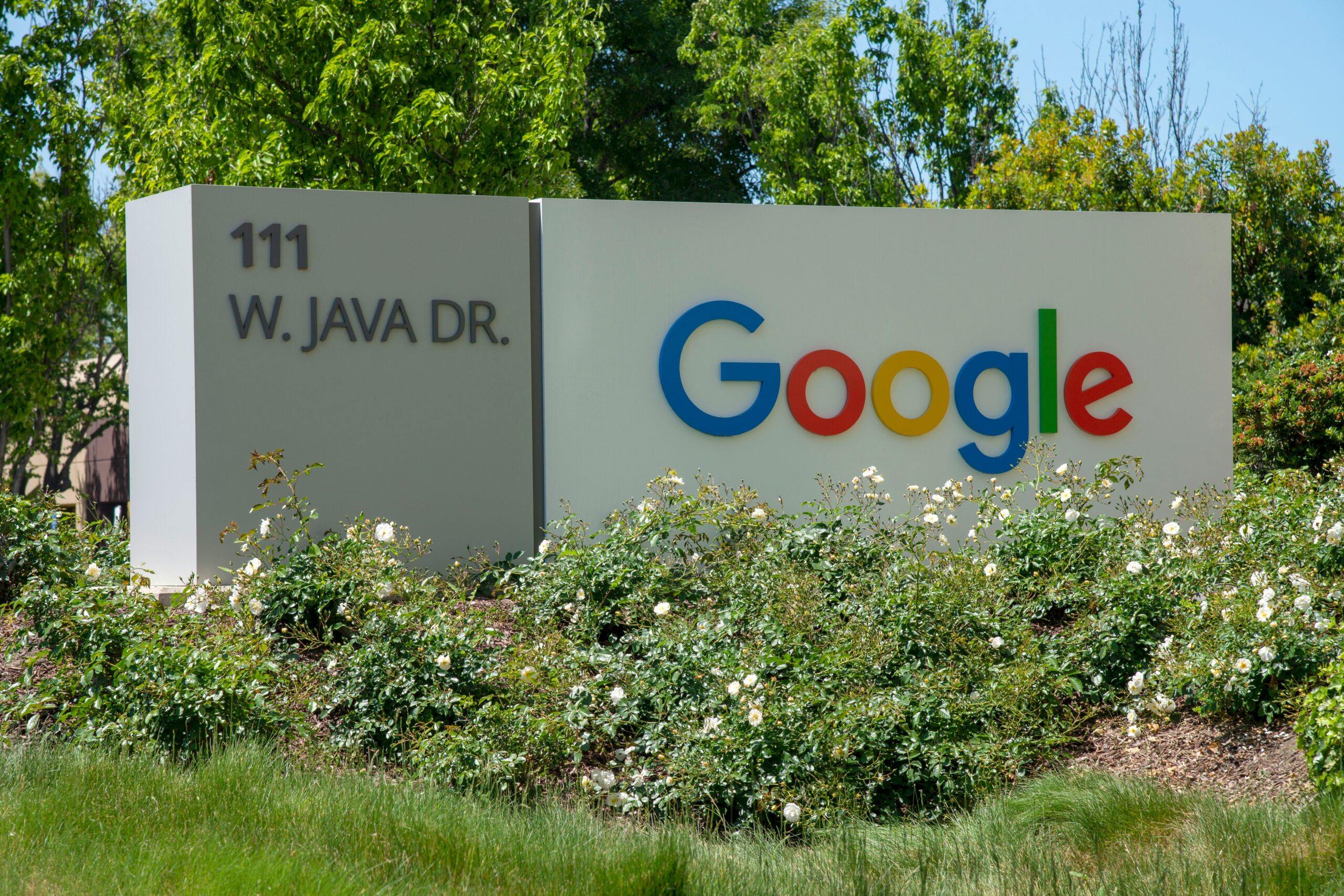Implementation and Impact of 5G on Various Industries

The advent of 5G technology marks a significant milestone in the evolution of wireless communication. With promises of unprecedented speed, low latency, and increased connectivity, 5G is set to revolutionize various industries, driving innovation and transforming the way we live and work. This article explores the implementation and impact of 5G across diverse sectors, shedding light on the transformative potential of this cutting-edge technology.
I. Understanding 5G Technology
Before delving into its impact, it’s crucial to understand the fundamental features that distinguish 5G from its predecessors. The “5G” in its name stands for the fifth generation of wireless technology. It boasts faster data speeds, lower latency (response time), increased capacity, and improved connectivity, all of which contribute to a more efficient and reliable network.
II. Implementation of 5G Technology
A. Infrastructure Development
Implementing 5G requires a substantial investment in infrastructure development. Telecommunication companies globally are deploying new towers, small cells, and upgrading existing infrastructure to support the high-frequency bands that 5G utilizes. This includes the use of millimeter waves, which allow for faster data transfer but have a shorter range, necessitating a denser network of antennas.
B. Spectrum Allocation
Governments and regulatory bodies play a crucial role in the implementation of 5G by allocating suitable radiofrequency spectrum. Different countries adopt varying approaches to spectrum allocation, impacting the speed and extent of 5G rollout. The high-frequency bands used by 5G offer increased data capacity but require careful management to avoid interference.
C. Integration with Existing Technologies
5G is designed to work in synergy with existing technologies, including 4G LTE. This enables a smoother transition and coexistence of both networks, ensuring continuous connectivity for users. The integration of 5G with Internet of Things (IoT) devices, artificial intelligence (AI), and edge computing further enhances its capabilities.
III. Impact on Various Industries
A. Healthcare
The healthcare sector stands to benefit significantly from 5G’s capabilities. High-speed, low-latency connectivity enables real-time remote monitoring of patients, facilitating telemedicine and improving the efficiency of healthcare delivery. Surgeons can even perform remote surgeries with the precision and responsiveness required, thanks to 5G connectivity.
B. Manufacturing
In manufacturing, 5G’s low latency and high bandwidth support the implementation of smart factories. Robotics and automation systems can communicate seamlessly, leading to increased efficiency and reduced downtime. Predictive maintenance, enabled by real-time data analytics, ensures that machinery operates at optimal levels.
C. Transportation
The transportation industry is set for a revolution with the implementation of 5G. Enhanced connectivity supports autonomous vehicles, improving traffic management, and increasing overall safety. Moreover, 5G enables real-time communication between vehicles, reducing the likelihood of accidents and enabling the development of smart transportation systems.
D. Entertainment and Gaming
The media and entertainment industry benefits from 5G’s high data speeds and low latency. Streaming services can deliver high-quality content without buffering, and augmented reality (AR) and virtual reality (VR) experiences become more immersive. Online gaming experiences are enhanced, with minimal lag and seamless multiplayer interactions.
E. Agriculture
In agriculture, 5G facilitates the implementation of precision farming techniques. Real-time data from sensors and drones provide farmers with insights into crop health, soil conditions, and weather patterns. This data-driven approach improves yield, reduces resource wastage, and promotes sustainable farming practices.
IV. Challenges and Considerations
Despite its transformative potential, the implementation of 5G comes with challenges. Concerns about security, privacy, and potential health impacts of increased exposure to radiofrequency radiation need careful consideration. Additionally, the digital divide may widen as 5G deployment is not uniform globally, leaving some regions with limited access to its benefits.
Conclusion
The implementation of 5G technology is poised to reshape various industries, driving innovation, improving efficiency, and creating new possibilities. As the world becomes increasingly interconnected, the impact of 5G will extend beyond technological advancements, influencing economic growth, societal changes, and global competitiveness. It is imperative for governments, businesses, and individuals to navigate these changes responsibly, ensuring that the benefits of 5G are harnessed for the greater good.




